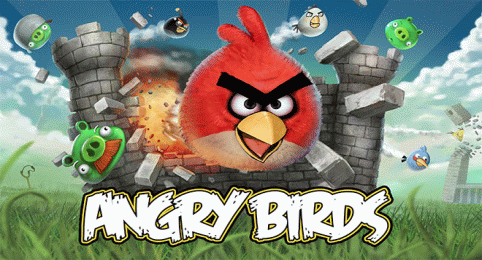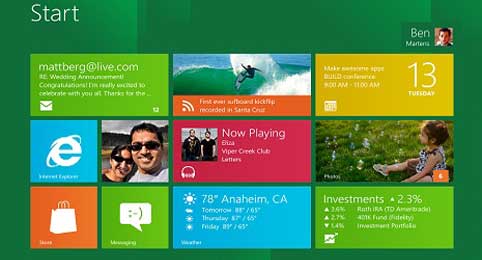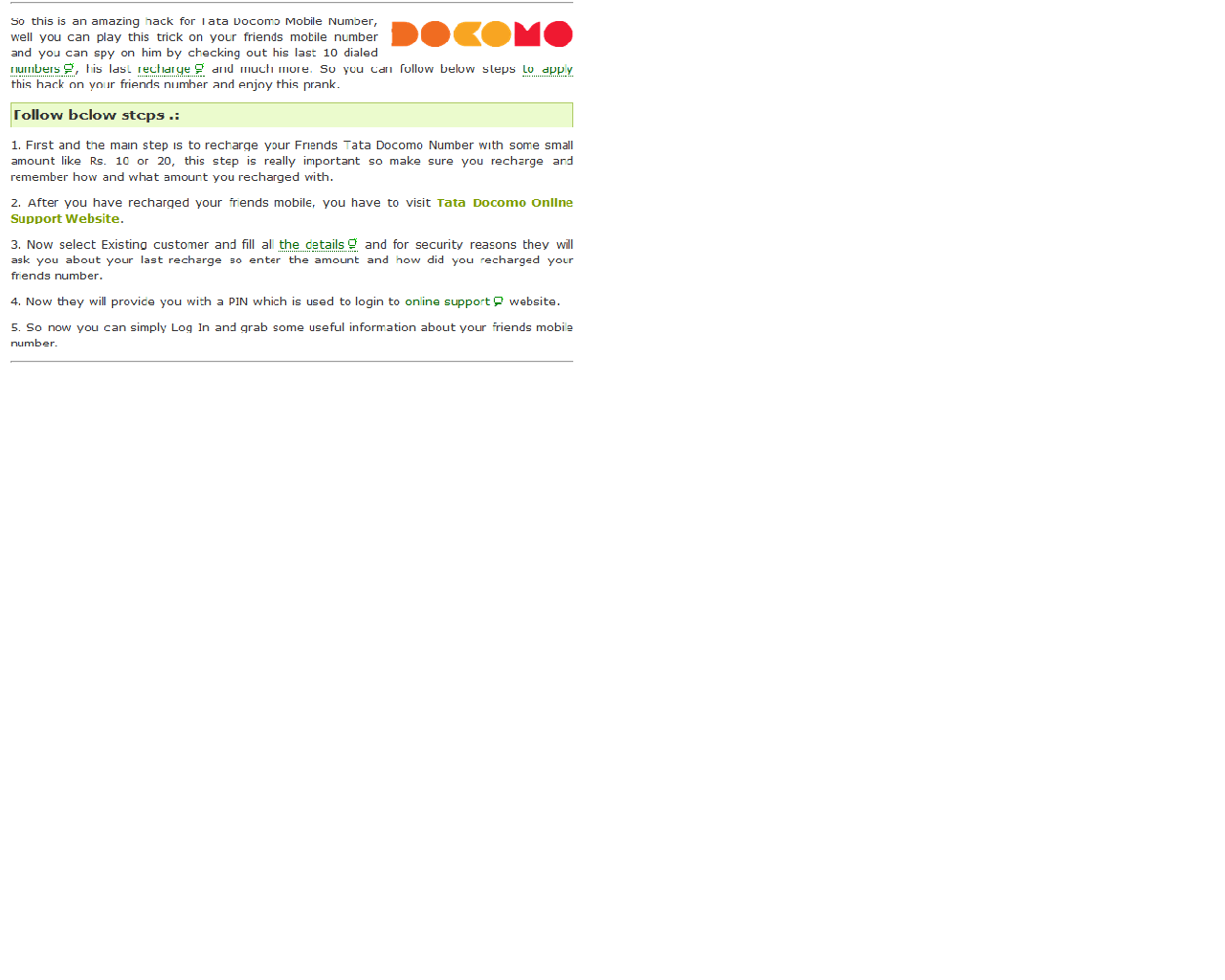HTC needed to separate themselves from the rest of the Android manufacturers. With news of Motorola being bought by Google, and Samsung clearly a favorite for the Nexus device two years in a row, there needed to be something that allowed HTC to stand out.
Sense UI, the visual overlay to Android that HTC deployed on all of their devices had been given a major overhaul. The changes in some areas were so significant that it was difficult to tell that the phone was running Android at all. When HTC bought a 51% stake in Dr Dre’s Beats Electronics, it became clear the company was trying to provide a multimedia experience better than the competition. Now, HTC’s release of the Rezound has brought about the first device in their arsenal to come packed with a pair of Beats Audio earbuds.
Performance
Unsurprisingly, due to the 1.5Ghz dual-core processor and 1GB RAM, the Rezound is incredibly fast. Navigating all parts of the OS is not only quite fluid, but also visually appealing. The 720p display doesn’t quite offer the rich colors and deep blacks of the current Samsung screens, but there is no shortage of eye candy coming from the screen and the visual appeal of Sense UI.
The Rezound is the same thickness of HTC’s first LTE device, the Thunderbolt, but that is pretty much where the comparisons end. The Rezound is slightly longer that the Thunderbolt, and significantly lighter. Just to clarify — the Rezound is the same size as the Thunderbolt without the extended battery that made that phone useable for an entire day.
Battery life sees a huge improvement over what has come before. With the LTE radio on board, dual-core processor, and all of those pixels to draw, the phone was much better then I had imagined on battery life. Coming from the 4-5 hours of the HTC Thunderbolt, I was much happier to see I could make it 7-8 hours on a single charge. This was through extended usage, browsing for several hours, with the combined total of an hour of phone calls, Bluetooth and GPS on. Stripped down to the most battery saving techniques, the Rezound got closer to 19 hours of battery life.
Beats Audio
When the Rezound was announced, one of the key features was that the phone came with a set of Beats Audio earbuds. And not just any Beats Audio earbuds, but a set that had been custom-tuned to the HTC Rezound, according to the manufacturer.
In testing the device, I loaded several different albums from several different genres of music on to the phone to give it a listen. I then listened to the same tracks with the earbuds that were included and then again with a pair of Skullcandy Fix earbuds. I then listened to the same song, played simultaneously on the HTC Thunderbolt with earbuds in each device. I discovered that the Rezound is capable of producing a louder sound at a higher quality than the Thunderbolt, but there was no perceptible difference between the Skullcandy and the Beats on the Rezound.
I should also note some subtle irony that the earbuds that are included in the Rezound are iBeats. The lower case is, and has been, a marketing device to help consumers know the accessory is compatible with Apple’s iPod and iPhone. That’s not to say these aren’t good earbuds, but considering Beats Audio makes several brands of earbuds that do not directly reflect an attempt to cater to one of HTC’s biggest competitors, it was an odd choice to make.
Camera
The Rezound comes with one of the most complete digital camera apps to date. The 8 megapixel camera alone is impressive, but HTC clearly spent some time making sure the software on this phone could compete with the current point and shoot market.
To really get a feel for what this phone was capable of, I asked photographer Chris Sewell to give me a hand putting the Rezound through its paces. The settings on the Rezound allow you to get truly in-depth with how you use your camera. Being able to manually adjust White Balance, ISO, Exposure, and many more settings is much better than the pre-set functions you often find in software driven cameras.
The Scenes function for the Rezound gives you access to HDR shots, Action burst that takes 5 shots rapid fire, and among others a Panorama mode with a unique user interface to help you take the best shot possible.
The Panorama only takes three shots to stitch together, but provides you with a line across the screen to follow to make it easier to keep the camera still to take the best shot possible. Even with distance scenery shots, however, panorama shots did not come easy. The software on the Rezound had a lot of trouble stitching the three shots together into a decent panorama shot. In fact, if the software doesn’t think it can stitch them together, the phone will reject the images all together and prompt you to try the shot again.

There’s an impressive number of filters on the camera as well, for those interested in taking more artistic shots. All of the fan favorites like Vignette and hot/cold shots were there, but HTC also saw fit to deploy an artificial depth of field filter. This allows you to blur everything but the contents of a circle on the screen, giving you the ability to control where the circle is and how big it is. The end result is a depth of field shot that, while clearly fake if you are a serious photographer, is a great feature for someone who just enjoys taking artistic shots.
Final Thoughts
The HTC Rezound is the most complete thought from an HTC phone running Sense UI that I have experienced yet. The overlay doesn’t cause the phone to become sluggish, even after extended periods of use. The camera is very nice and the phone just plain feels good in the hand thanks to the weight and the soft touch coating.
An interesting note about the power adapter is that it has the same plug as the HTC Flyer Tablet. The shape of the plug seems unique to HTC, but does not prevent the use of a normal MicroUSB cable, the cable just doesn’t snap in snugly. This is obviously an attempt to further the visual distinction between HTC and the other manufacturers of Android phones.
Almost a year ago now, HTC described an intention to make it so their phones all look the same as you used them, regardless of what version of Android is running underneath. I believe that the Rezound is the first potentially successful attempt towards that goal, and we will see proof of that next year when the phone gets and upgrade to Android 4.0.







 For some context, 50 grams is also the weight of a single strawberry! The reason for this weight is that most Internet data is stored within electric pulses and binary which, theoretically, can weigh down electronics ever so slightly.
For some context, 50 grams is also the weight of a single strawberry! The reason for this weight is that most Internet data is stored within electric pulses and binary which, theoretically, can weigh down electronics ever so slightly.











 The sea cow, otherwise known as ‘serenia’, existed 20 million years ago and was discovered within the walls of the Philippines’ Puerto Pricesa Underground River!
The sea cow, otherwise known as ‘serenia’, existed 20 million years ago and was discovered within the walls of the Philippines’ Puerto Pricesa Underground River!








 Subscribe
Subscribe
 Follow Us!
Follow Us!
 Be Our Fan
Be Our Fan















